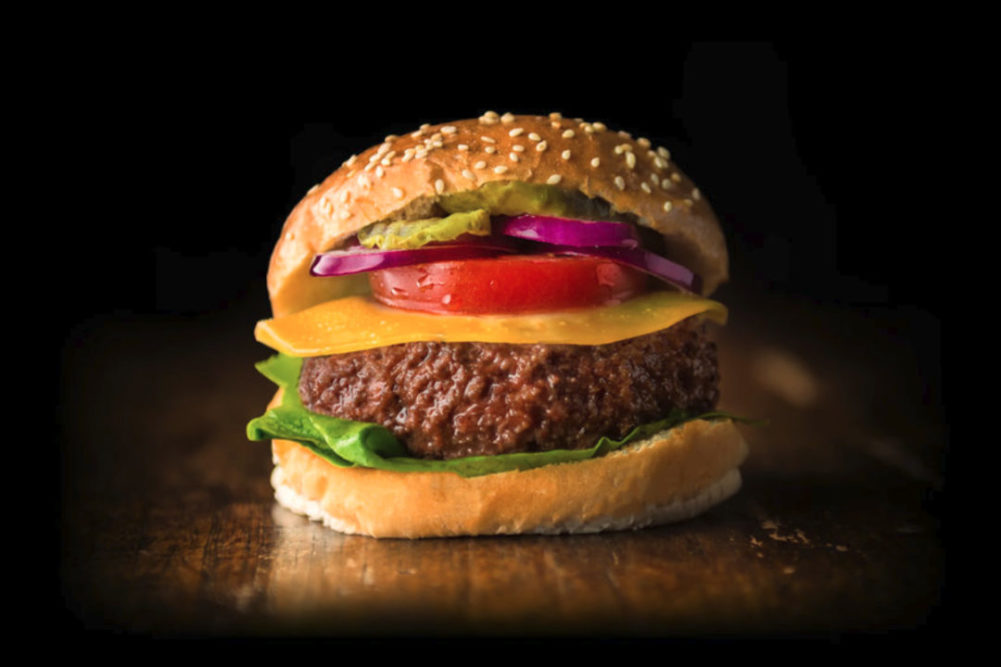MAASTRICHT, THE NETHERLANDS — Mosa Meat has raised $55 million as part of a larger Series B funding round.
The Netherlands-based food technology company, which in 2013 created the world’s first cell-based hamburger patty, will use the funds to expand its current pilot production facility in Maastricht, develop an industrial-sized production line and introduce cultivated beef to consumers. No timeline has been set to bring the products to market, but the company said it is working with regulators in Europe to demonstrate the safety of cultivated beef.
The Series B funding round was led by Luxembourg-based food tech fund Blue Horizon Ventures, with participation from Bell Food Group and M Ventures.
Mosa Meat also announced Regina Hecker, partner at Blue Horizon Ventures, joined its board of directors with a special focus on science, scaling and technology. She holds a PhD in molecular and cellular biology from the University of Zurich, a master’s degree in biotechnology management from the IE Business School in Madrid, a master’s of engineering in biotechnology and is certified in plant-based nutrition from the T. Colin Campbell Center for Nutrition Studies.
“We are excited to be joining Mosa Meat as lead investor in this round,” Hecker said. “Following a thorough investigation of its technology and team, we are convinced that Mosa Meat is strongly placed to pioneer the scale-up of cultured meat.”
The company has reached several technical milestones recently. In 2019 it removed fetal bovine serum (FBS) from its cell culture media, the nutrient rich broth that feeds cells so they can proliferate. FBS comes from unborn calves and is the standard used in cell culturing. Mosa Meat also has lowered the cost of its animal-free media, the most expensive part of its production process, by 88%.
“We are very excited to welcome our new partners and see existing partners continue our journey together,” said Maarten Bosch, chief executive officer of Mosa Meat. “With their support and capabilities, we have the opportunity to take the next concrete steps to scale production, make progress toward a cleaner, kinder way of making real beef and ultimately increase the resilience, sustainability and safety of our global food system.”


